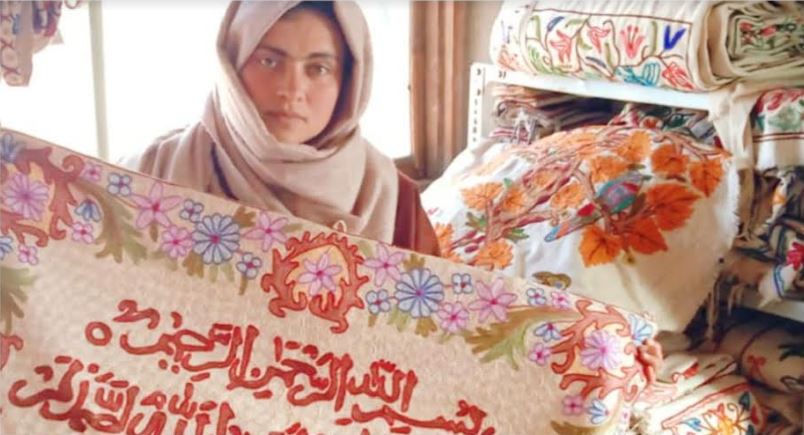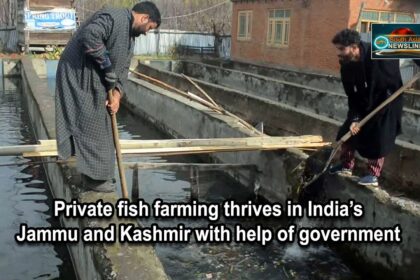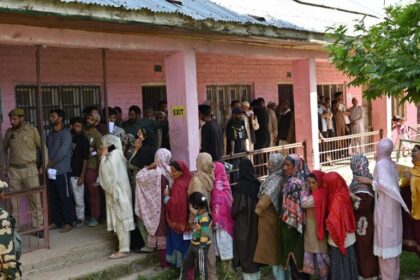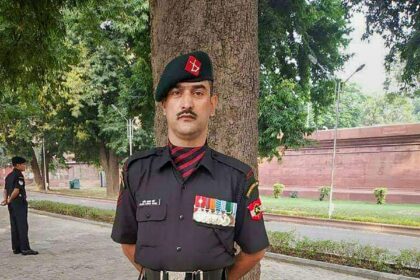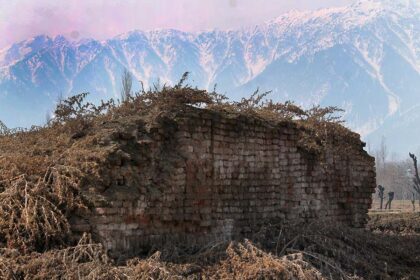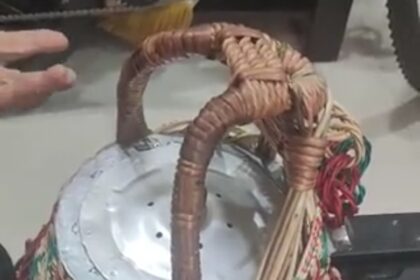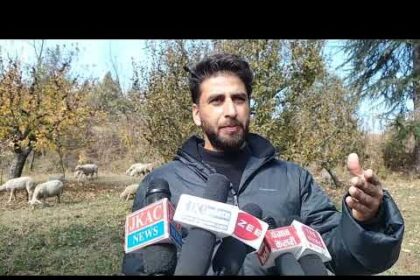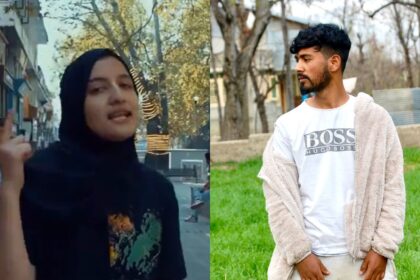The Aquatic Boom that’s Revolutionizing the Lives of Kashmiri Youth
Jammu and Kashmir, known for its breathtaking landscapes and rich cultural heritage,…
115-Year-Old Visually Impaired Man Walks 5 km to Vote, Aims to Combat Youth Unemployment
As communities across the region continue to face economic and social challenges,…
Lance Naik Nazir Ahmad Wani: A Journey of Courage and Sacrifice
In a region, where shadows of terrorism loomed large, one man's journey…
Moomin Ahmad Wani: A Tale of Authenticity, Dedication and the Power of Social Media
In a world where social media often serves as a platform for…
Remembering the Victims of the 1997 Nawroz Massacre in Sangrampora: A Tale of Tragedy and Resilience
Forced to march in the darkness, drenched by the relentless rain, they…
Young Cricketer from Pulwama Selected in National U-17 Cricket Championship
A talented young cricketer from south Kashmir's Pulwama district has secured a…
J&K Para Cricketer’s Playing Skills gets Admiration from Sachin Tendulkar
India cricketing legend Sachin Tendulkar has shared a video of a differently-abled…
Kashmir’s ‘Newton’ introduces All-Weather-Resistant Kang’er with Advanced Features
A renowned Kashmiri innovator, often hailed as the "Newton" of the valley…
Handwara Youth’s Successful Journey into Sheep Farming. An Inspiration for Kashmiri Youth
Nouman Dar is a young person from Handwara village in north Kashmir's…
“Desh Mera Hindustan”: Kashmiri Rappers Sing about ‘Naya Kashmir’
Kashmiri’s aspirations are on the rise, the local industry is doing well…



